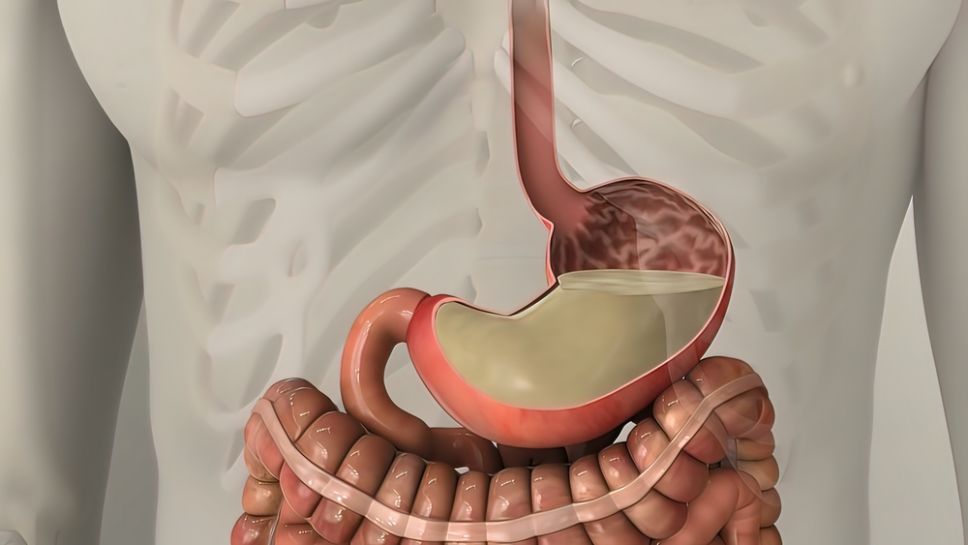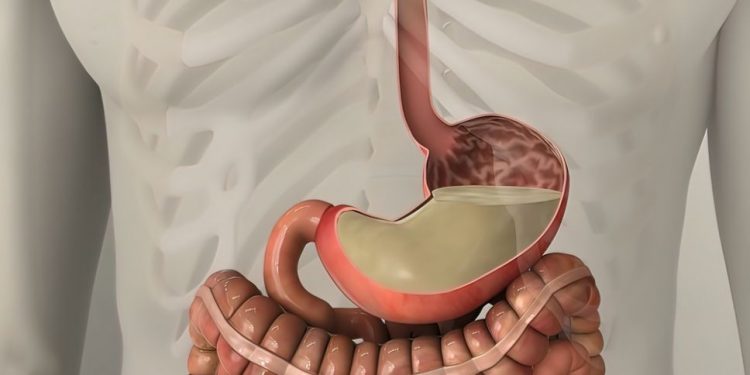Stomach cancer is a disease that affects everyone differently. A diagnosis of stomach cancer may cause you to feel shocked, upset, anxious or confused. Getting the right information and support will help you understand your condition and make decisions about your care. You can use the general statistics on this page to get an idea of what to expect, but remember that survival rates depend on many factors and no two people have the same chance of surviving.
Your doctor will review your medical history and perform a physical exam. They will also order tests to diagnose stomach cancer and determine its stage. The staging system used by cancer researchers divides stomach cancer into four stages, ranging from 0 (zero) to IV (four). Your stomach cancer stage will determine the best treatment plan for you.
The earliest stages of stomach cancer are the most treatable. A surgeon can remove tumors in the inner lining of your stomach before they spread to other areas of the stomach or lymph nodes. This surgery is called a gastrectomy. For patients with stage 1 cancer, doctors sometimes use a non-surgical procedure to remove small tumors in the inner lining of your belly called endoscopic mucosal resection. In this procedure, a flexible tube is passed down your throat and into your stomach. Special cutting tools are then passed through the tube to cut away any cancer cells.

If the cancer is in the outer layer of your stomach or lymph nodes, surgery with chemotherapy might be a treatment option. The surgeon might remove the entire stomach or part of it. They might also remove the esophagus or small intestine. If the cancer has spread to the muscle layer of your stomach, it is considered stage II. For patients with stage II, doctors might use a treatment called neoadjuvant chemotherapy before surgery.
Chemotherapy uses drugs to kill cancer cells in the stomach and elsewhere in the body. Doctors might use a combination of chemotherapy agents or targeted therapy that targets specific genetic changes in your cancer cells and stops them from growing or spreading. Doctors might also use immunotherapy, a newer type of treatment that uses drugs to activate your own immune system and target cancer cells in the stomach.
Palliative care can help relieve symptoms and side effects of chemotherapy and other treatments. It can also help you manage pain and stress, which can improve your quality of life. You might want to explore clinical trials that are testing new ways to prevent, diagnose or treat stomach cancer. Mayo Clinic doctors are leaders in research and can provide you with the latest advances in stomach cancer treatment. Your doctor can help you decide which trials to participate in.









